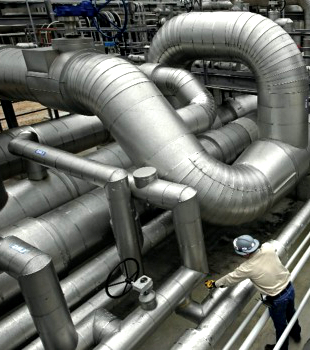AER updates gas info
 The Australian Energy Regulator (AER) has put out an information paper on issues facing gas pipeline regulation.
The Australian Energy Regulator (AER) has put out an information paper on issues facing gas pipeline regulation.
Australia’s energy market is transitioning to low-carbon fuels driven by carbon emissions reduction commitments. This change, combined with the opportunities hydrogen presents, is leading to significant uncertainty in the future demand for gas pipelines.
This has prompted the Australian Energy Regulator (AER) to release a stakeholder information paper on the issues facing the regulation of gas pipelines and the relationship to future gas prices. The paper is accessible here.
The paper examines the factors causing downward pressure on domestic gas demand in Australia’s eastern states and options to manage the potential pricing risks for current and future gas consumers.
AER Chair Clare Savage says the paper could be a catalyst for engagement with industry and other stakeholders to understand how regulation can keep up with the pace of change and ultimately protect consumers.
“It’s a timely information paper as the decarbonisation of Australia’s energy market ramps up,” Ms Savage said.
“Stranded asset risk is looming as the biggest threat to the gas industry.
“Gas network businesses invest in assets with fixed costs that last into the next century.
“Maintaining those assets with a potentially smaller consumer base requires new thinking on efficient network investment and how to manage the price impact on consumers and intergenerational equity.
“The purpose of our information paper is to look beyond the horizon to the future and begin asking the tough questions around price stability, affordability and future investment in gas pipelines, and how we might respond to that from a regulation standpoint.
“One of the variables is the viability of renewable hydrogen as a cost-effective alternative to natural gas. This has implications for the future utilisation and regulation of gas infrastructure.
“It is not about jumping to answers or solutions at this stage, but it is important that we do not sit idle to what’s going on and start a discussion on addressing the risks,” Ms Savage said.







 Print
Print